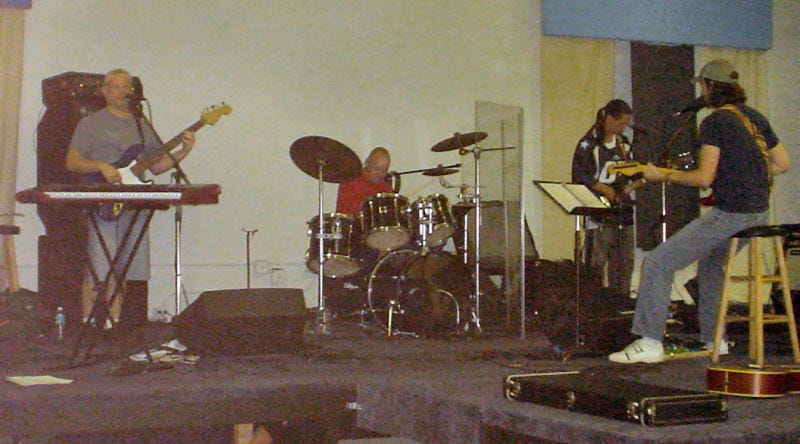Rehearsal Spaces
Where did we practice and play?
I really had to think about this subject. There have been many bands, many gigs and many places where we practiced our music - sometimes late into the early morning hours. There were many times when a rehearsal room might be the place you slept because you were way too tired to drive home after eight hours of rehearsing. The following is a look back at …
Keep reading with a 7-day free trial
Subscribe to SoundHole Guitar Lessons to keep reading this post and get 7 days of free access to the full post archives.



